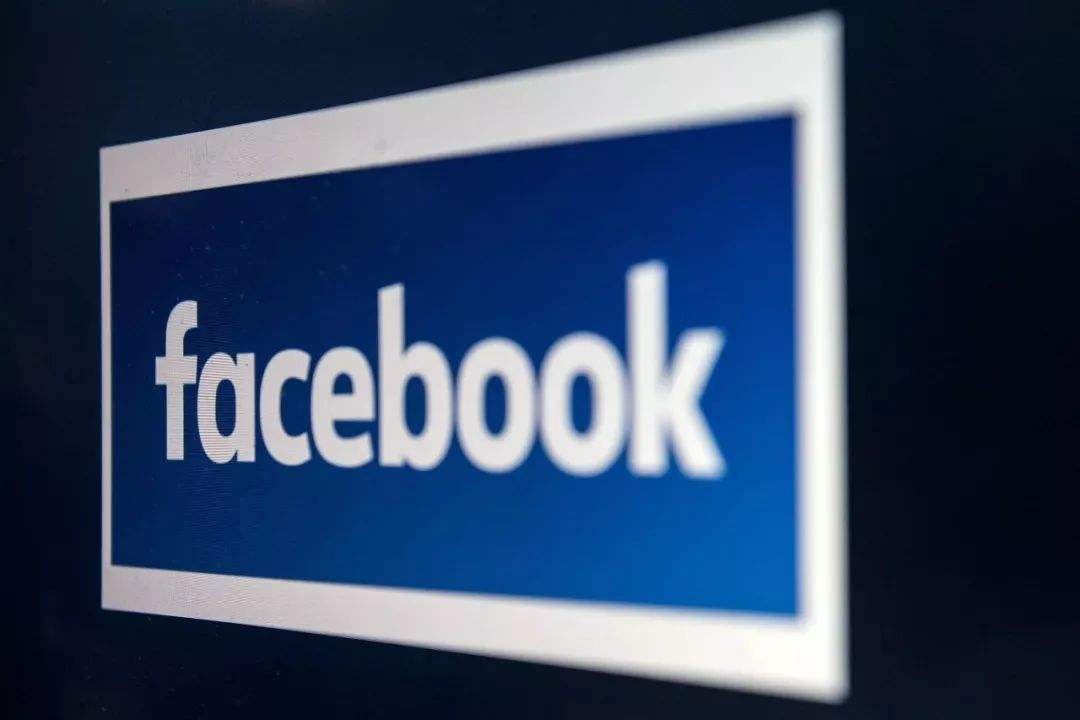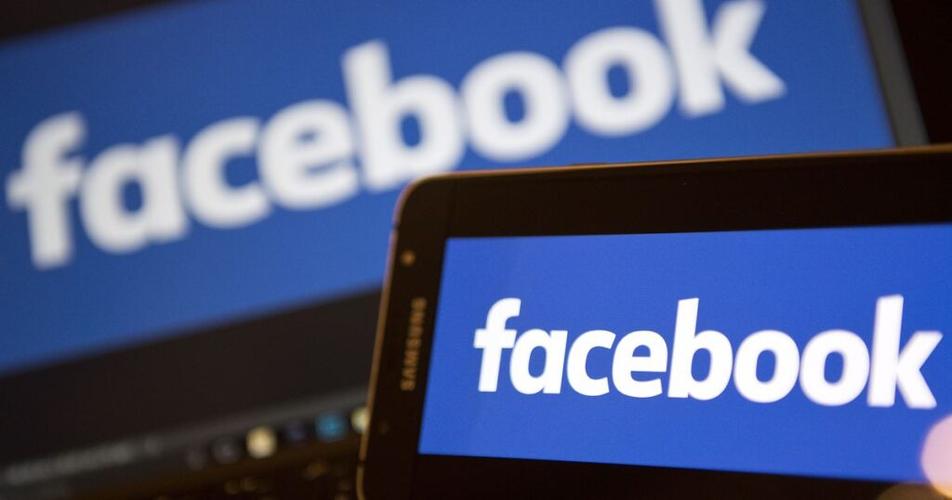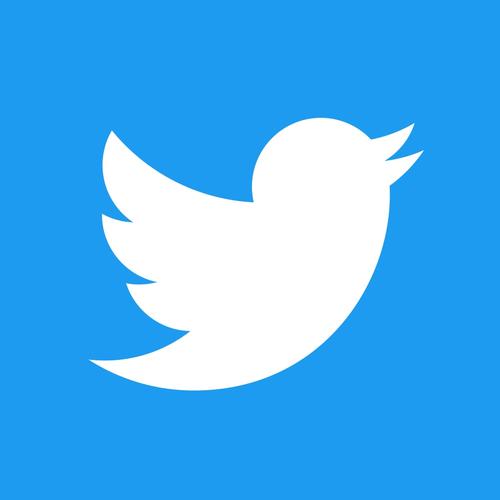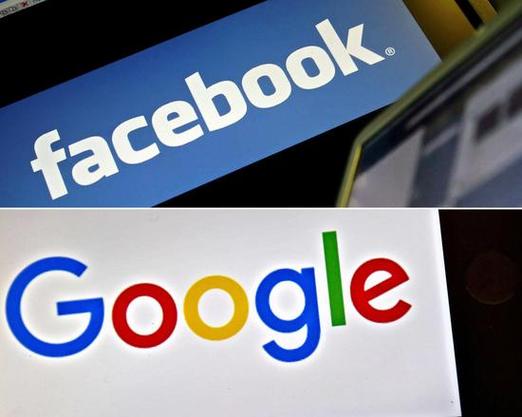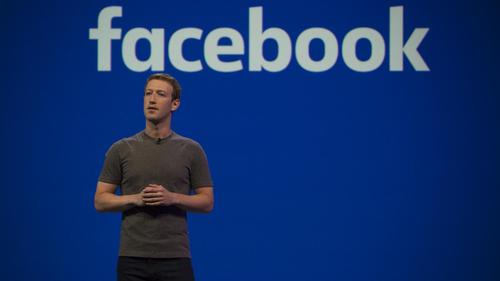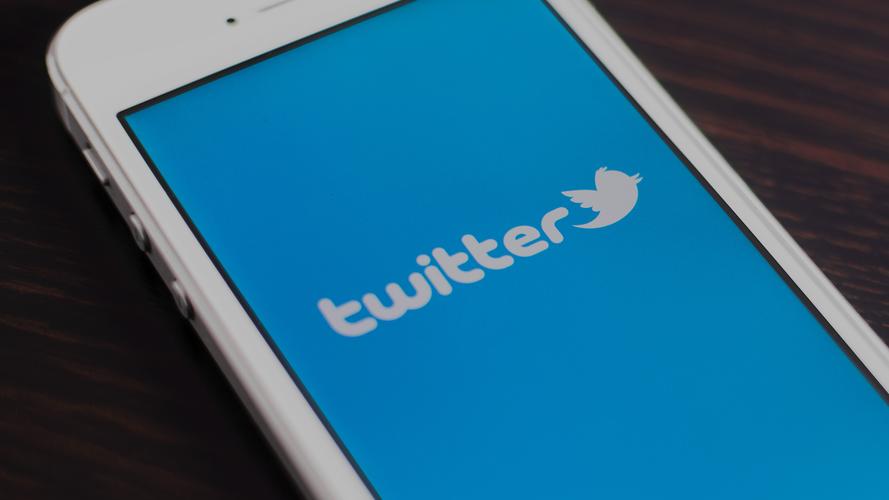Facebook faces growing scrutiny as illegal drug sales move onto its platform. Law enforcement officials report a significant shift. Dealers now use Facebook more often for drug transactions. This change comes after crackdowns on dark web marketplaces. Authorities say criminals find Facebook easier to access. They also find it harder to track.
(Facebook Becomes A New Channel For Illegal Drug Transactions)
Dealers operate openly on Facebook. They use coded language and emojis in public posts. They list drugs like fentanyl, cocaine, and methamphetamine. Buyers respond directly in comments or via private messages. Payment happens using cash apps or cryptocurrency. Physical exchanges are arranged afterward. This method avoids traditional dark web complexities. It also reaches a much wider audience immediately.
Police agencies confirm this trend is accelerating. Several recent drug busts originated from Facebook leads. Undercover officers easily find sellers. They simply browse certain groups or hashtags. The platform’s scale makes monitoring difficult. Facebook’s automated systems struggle to detect the disguised posts. Manual reporting by users remains crucial.
Public safety is a major concern. Drugs bought this way lack quality control. They pose severe health risks. Minors also have easy access to these public listings. Law enforcement urges Facebook to act faster. They demand stronger tools to identify and remove drug content quickly. Facebook states it prohibits drug sales. The company points to its Community Standards. It also highlights its work with law enforcement. Yet officials argue Facebook must do more. The sheer volume of traffic makes enforcement a constant challenge.
(Facebook Becomes A New Channel For Illegal Drug Transactions)
A senior narcotics officer commented on the situation. “Facebook is the new street corner. Dealers feel hidden in plain sight there. We need better cooperation and faster action from the platform. Every day this continues puts more people at risk.”
